Teachers and students are preparing to observe Monday’s forthcoming total solar eclipse. The excitement behind what’s on the horizon will fuel learning and ignite sparks of joy throughout our community. Our school’s approach to teaching and learning about the eclipse culminates with students in grades first through eighth adorning special lenses to experience, through their own eyes and, in real-time, the phenomena of the sun completely covering the moon. The learning opportunities are endless. Students can make connections to content within the field of science and the historical, social, behavioral, cultural, and religious contexts surrounding rare events such as a total solar eclipse. Exploring the evolution of thought and generational practices that survived through time allows students to understand our world and its intricate complexities better.
Dating back to antiquity, the meaning and significance of astronomical and natural occurrences varied across the globe. The solar eclipse is no exception. The Inca of South America thought an eclipse was a sign of anger from their sun god, Inti. Attempts to make amends with Inti and restore his benevolence included acts of sacrifice and fasting. In West Africa, the Ancient Batammaliba people of northern Benin and Togo believed that an eclipse was a fight between the sun and the moon, a direct result of humans warring on Earth. To stop the dispute between the sun and moon, the villagers resolved old quarrels and modeled peace and harmony within the community. Similarly, the Chacoan and Mesa Verde peoples promote reflection and meditation in preparation for significant change brought on by an eclipse. These diverse interpretations highlight the rich tapestry of human culture and the profound ways in which celestial events have shaped societies throughout history.
Today, communities and cultures around the world continue to view the eclipse in different lights. A recent article in USA Today discusses the varied perspectives, customs, traditions, and practices rooted in religion, culture, or education of the individuals and communities represented in the story. From ancient myths and rituals to modern scientific fascination, the eclipse remains a symbol of wonder and awe, bridging the gap between ancient traditions and contemporary understandings of the cosmos. Across the globe, people gather to witness this celestial event, each bringing their unique cultural lens to the experience, enriching the tapestry of human knowledge and appreciation for the natural world.




